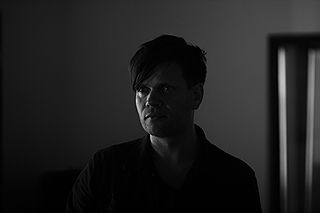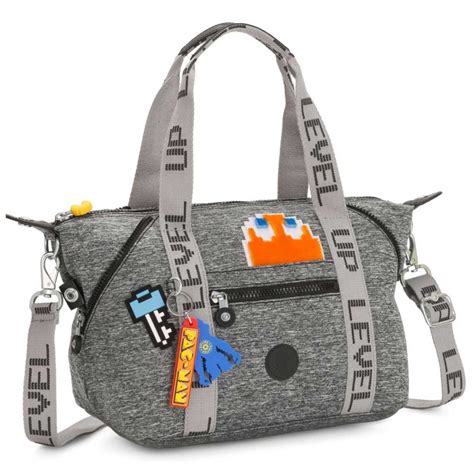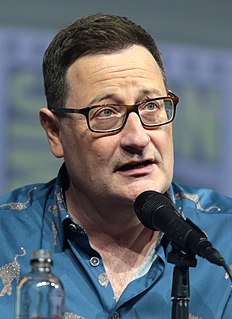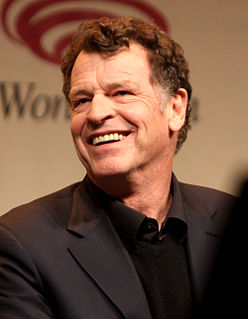A Quote by Paul Auster
What I'm trying to do [in Winter Journal] is to tell the story of a man's life from birth, but there are different versions of him, four different versions.
Related Quotes
Years and years of talking and writing versions of the script [Sausage Party] and looking at various versions of the animations - I mean, it's really a lot of workshopping and trying different things, and using the cast to try different voices and characters. And that's the good thing about animation. Because it takes so long, it allows you to explore in a way that you can't in live-action movies.
I don’t think that actors are necessarily any more uncomfortable in their skin than anyone else. I suppose I feel more comfortable in my skin now, but you’re always playing a character, aren’t you? You tell different versions of yourself to different people and vice versa. Here, or in the photo shoot or wherever, it’s a representation of you. It’s not you-you. That’s how you get through it.


































